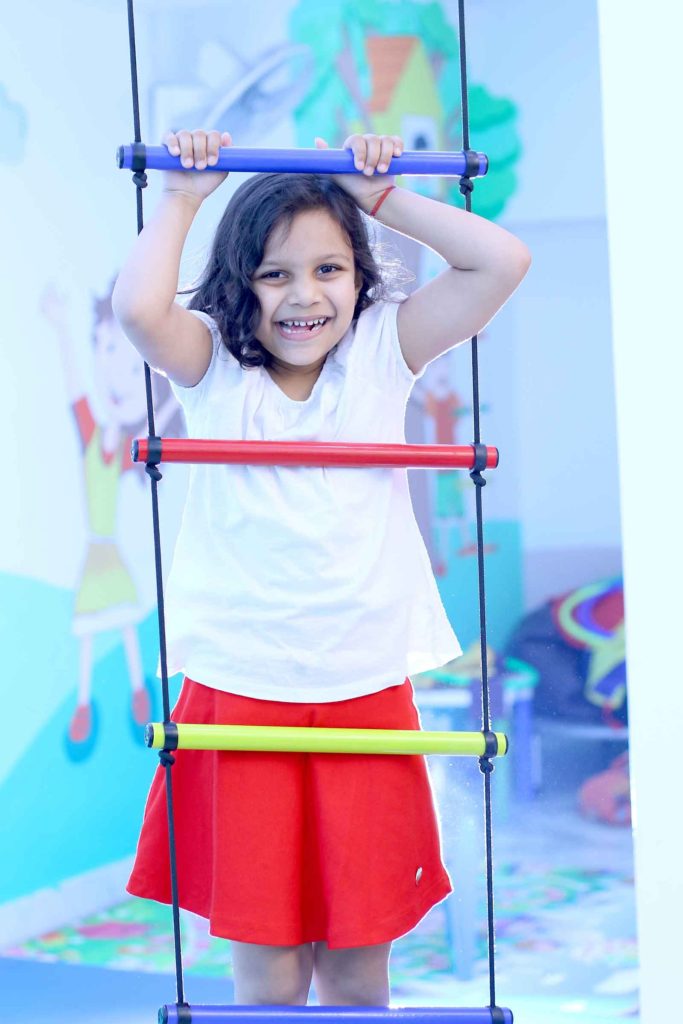What is Occupational Therapy?
Occupational Therapy is a supportive therapy that helps individuals achieve independence in their daily life activities, also known as “occupations.” These activities include essential daily tasks such as eating, bathing, dressing, and toileting.
For most children, these skills are learned naturally and become part of their daily routine. However, for children with special needs, these tasks may be challenging and may require consistent guidance, reminders, and positive reinforcement to complete activities of daily living.
Occupational Therapists work extensively with children who have special needs to improve their Activities of Daily Living (ADL).

Benefits from Occupational Therapy
Child Having
- Difficulty holding pen/pencil
- Autism, ADHD, Hyperactivity
- Dyslexia, Slow Learner
- Poor attention & concentration
- Daily activity challenges
- Poor memory
- Learning difficulties
- Behavioral concerns
OT Evaluation
- Delays in self-care independence
- Fine motor coordination issues
- Easily distracted
- Impulsive behavior
- Low or high activity levels
- Poor balance or coordination
- Difficulty transitioning
- Low self-confidence
- Speech or learning delays
- Sensory sensitivity
Occupational Therapy
An extensive evaluation is suggested for children. OT therapy is play-based and focuses on improving a child’s daily functioning, learning, and independence.
Treatment Involves
Therapy Focus Areas
- Sensory Integration Therapy
- Feeding challenges (SOS approach)
- Gross motor skills
- Fine motor skills
- Anxiety & emotion regulation
Skill Development Areas
- Printing & handwriting skills
- Visual perceptual skills
- Oral motor skills
- Behaviour & social challenges
- Self-esteem building